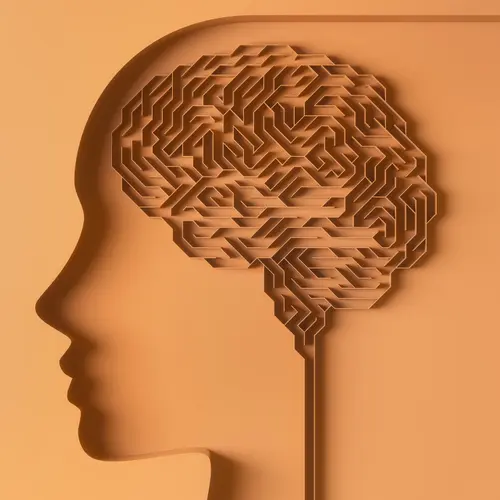- Overview
- Symptoms
- Causes & Risks
- Tests & Diagnosis
- Treatment
- Relapse
- Complications
- Living With
- Caregiving
- View Full Guide
Recommended

Related Links
- Schizophrenia Health News
- Schizophrenia Health Reference
- Schizophrenia Health Slideshows
- Schizophrenia Health Blogs
- Schizophrenia Health Videos
- Schizophrenia Health Medications
- Schizophrenia Health Crisis Assistance
- Find a Psychiatrist
- Anxiety/Panic Disorders
- Bipolar Disorder
- Drug Interaction Checker
- Mental Health
- Psychotic Depression
- Schizoaffective Disorder
- Schizophreniform Disorder
- Smoking Cessation